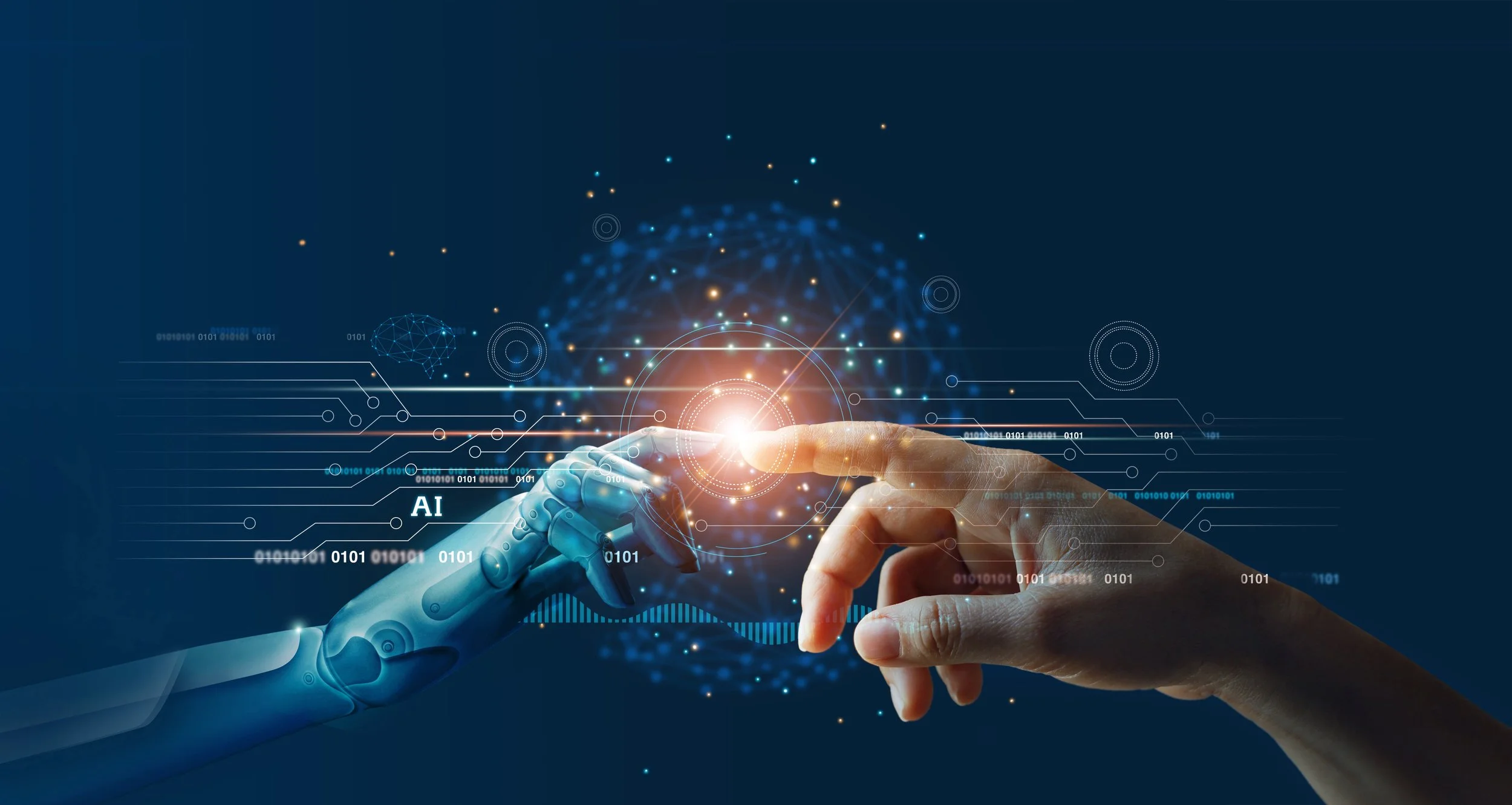As artificial intelligence (AI) becomes deeply embedded in business operations, leadership enters a new era where data-driven decision-making must be balanced with human-centered thinking. While AI excels at processing information and automating routine tasks, it cannot replicate the uniquely human ability to lead with empathy, navigate ambiguity, and build authentic relationships.
In this rapidly evolving environment, emotional intelligence (EI) is no longer a "nice to have." It's a core leadership competency that drives innovation, manages change, and inspires high-performing teams.
Why AI Makes EI More Important, Not Less
AI is transforming industries by enabling faster, smarter decisions. However, as machines take over transactional tasks, the work left to humans becomes more relational, strategic, and creative. Leaders must interpret context, resolve conflict, and lead with vision—all skills rooted in emotional intelligence.
AI lacks empathy and ethical judgment. It can identify a pattern or flag a risk, but it can't gauge how a decision will land emotionally with a team—or whether it's the right thing to do for your culture. That's where emotionally intelligent leadership becomes mission-critical (Harvard Business Review).
The Powerful Combination of AI + EI
Rather than replacing emotional intelligence, AI can enhance it.
AI-driven platforms are increasingly used to help leaders improve communication styles, detect emotional tone in conversations, and receive real-time feedback on their perceptions. This data helps leaders become more self-aware and adaptive in how they engage their teams.
Consulting firm Bain & Company emphasizes that "AI should not displace human judgment, but augment it." Many AI-enabled tools now act as virtual coaches, helping leaders strengthen empathy, improve conflict resolution, and even practice delivering feedback more compassionately.
Emotional Intelligence Helps Navigate Technostress
Digital transformation can be exciting, but it also creates pressure and uncertainty. Employees often experience technostress or resistance to unfamiliar tools and processes. Leaders with high emotional intelligence are better equipped to recognize these stress signals, open channels for honest dialogue, and offer support through change.
This emotionally intelligent leadership doesn't just keep morale high—it increases retention, productivity, and resilience. Harvard Business School Corporate Learning underscores the importance of EI in guiding teams through disruptive change.
Can AI Help Build Emotional Intelligence?
Paradoxically, yes. AI is being used to simulate emotionally complex workplace scenarios, helping leaders practice their responses in a psychologically safe environment. Tools powered by natural language processing can also highlight communication bias, coach leaders on inclusive language, or even suggest empathy-driven rephrasing in real-time.
Harvard Business Review reports that leaders using AI tools for EI training are more self-aware and show increased trust and engagement from their teams.
The Future Belongs to Emotionally Intelligent Leaders
As the nature of work continues to evolve, technical skills will always matter—but they won't be enough. According to McKinsey & Company, the most essential leadership capabilities in the AI era are resilience, emotional intelligence, and inclusive decision-making.
Technology is advancing quickly, but people remain at the heart of every successful organization. The most effective leaders will be those who know how to use AI not as a replacement—but as a partner—in driving human connection, creativity, and collaboration.

